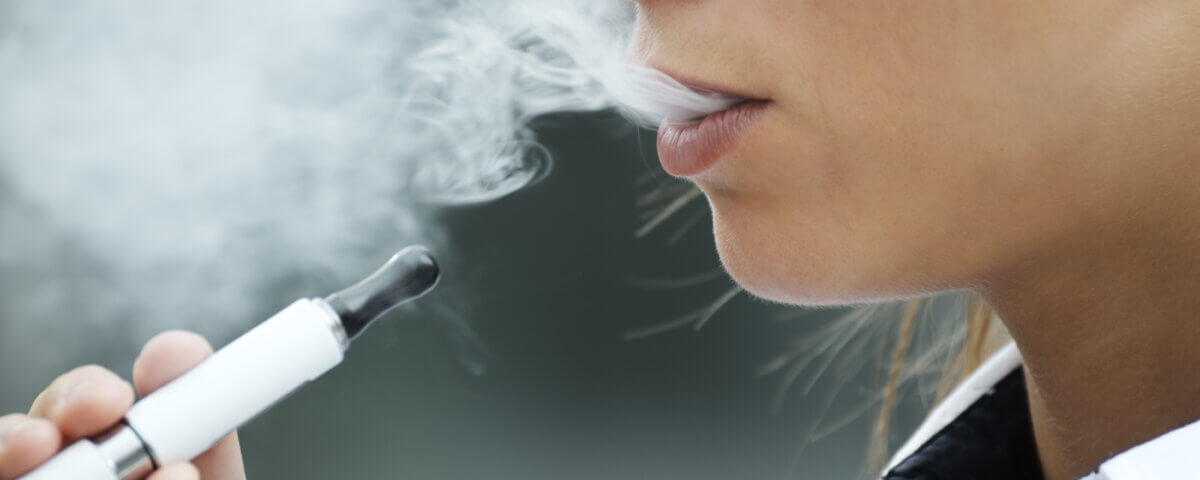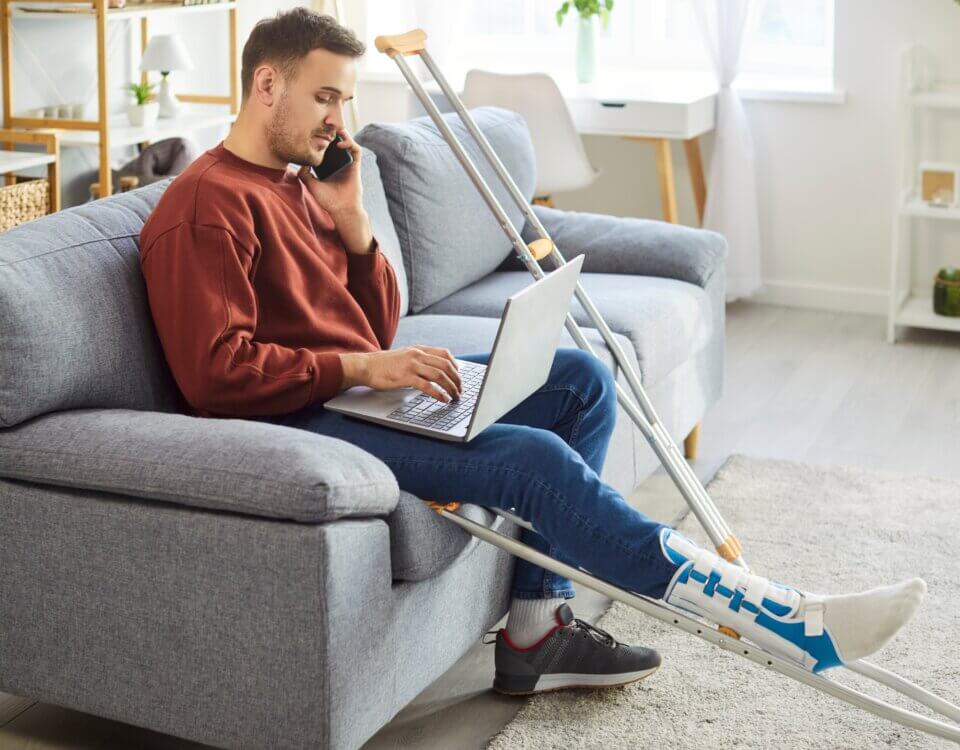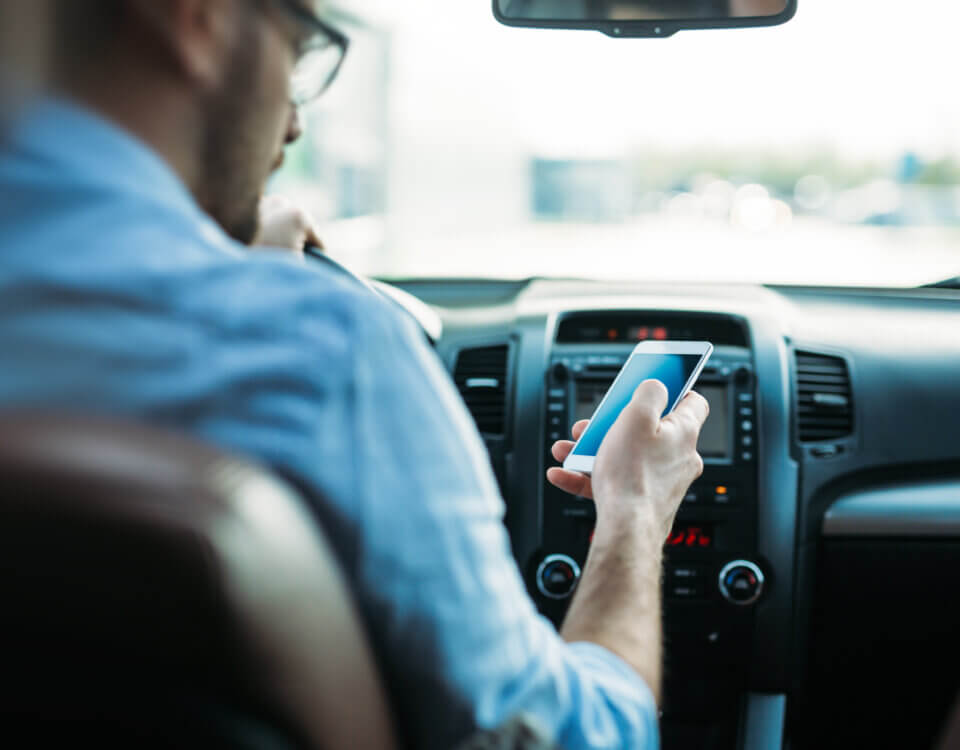E-cigarettes, also known as vapes, are often sold as a safer alternative to tobacco products. But the lithium batteries they use can overheat, malfunction, or be defectively made. These issues have led to explosions that cause serious injuries, disfigurement, property damage, and sometimes permanent disability.
How These Batteries Are Designed
E-cigarettes contain a lithium-ion battery, a heating element, and a cartridge with e-liquid. The battery powers the heating system that turns the liquid into vapor. Lithium batteries are popular for these devices because they are rechargeable and strong but they carry risks if not made or handled properly.
What Causes Batteries to Explode
Some of the common causes include:
- Overcharging or overheating when batteries are left plugged in too long or charged with improper chargers
- Defects in manufacturing such as poor insulation, weak internal components, or faulty design
- Counterfeit or low-quality batteries that do not meet safety standards
Injuries That Can Result
When a battery explodes the harm can be severe. Injuries often include:
- Cuts, abrasions, and burns to hands, face, lips, eyes
- Disfigurement or loss of teeth
- Fractures and damage to bones
- Damage to vital organs near the explosion site
- Long-term disability or scarring
Legal Rights After a Battery Explosion
If you have been injured by an exploding e-cigarette battery you may have legal options:
- Product liability claims against the manufacturer, distributor, or retailer if the product was defectively designed, made, or lacked adequate warnings
- Recoverable damages can include medical expenses, property damage, lost wages, pain and suffering, future care costs, emotional harm
What You Should Do if Injured
- Seek medical attention immediately even if injuries appear minor
- Preserve the device and battery that failed without throwing them away
- Take photographs of the scene, your injuries, and any damage to property
- Keep all medical records, bills, lost wage documentation, and insurance communications
- Talk to an attorney who handles product liability cases so your rights are protected and you can build strong evidence
Note: These blog posts are created solely for the use of Hillstone Law. The information is gathered from internet research, publicly available sources, and artificial intelligence (AI) tools such as ChatGPT. While we aim to share helpful and educational content, Hillstone Law does not independently verify every detail. Some information may be incomplete, outdated, or subject to change without notice. If you believe any part of a post is inaccurate, misleading, or infringes upon copyright, please contact Hillstone Law immediately so we can review it and take appropriate action, including correction or removal.
Disclaimer: The material provided in these blogs is for general informational purposes only and should not be considered legal advice. Reading these posts does not create, and is not intended to create, an attorney-client relationship with Hillstone Law. Our intent is to share knowledge, raise awareness, and provide helpful resources to the public; however, Hillstone Law makes no warranties or guarantees about the accuracy, completeness, or reliability of the information provided, and expressly disclaims liability for any actions taken in reliance on it. The photos used in these posts are for illustrative purposes only and do not depict actual clients, individuals, or incidents unless expressly stated. If you or a loved one has been injured in an accident, please contact Hillstone Law at (855) 691-1691. Our attorneys are available to answer your legal questions and help you understand your rights.







